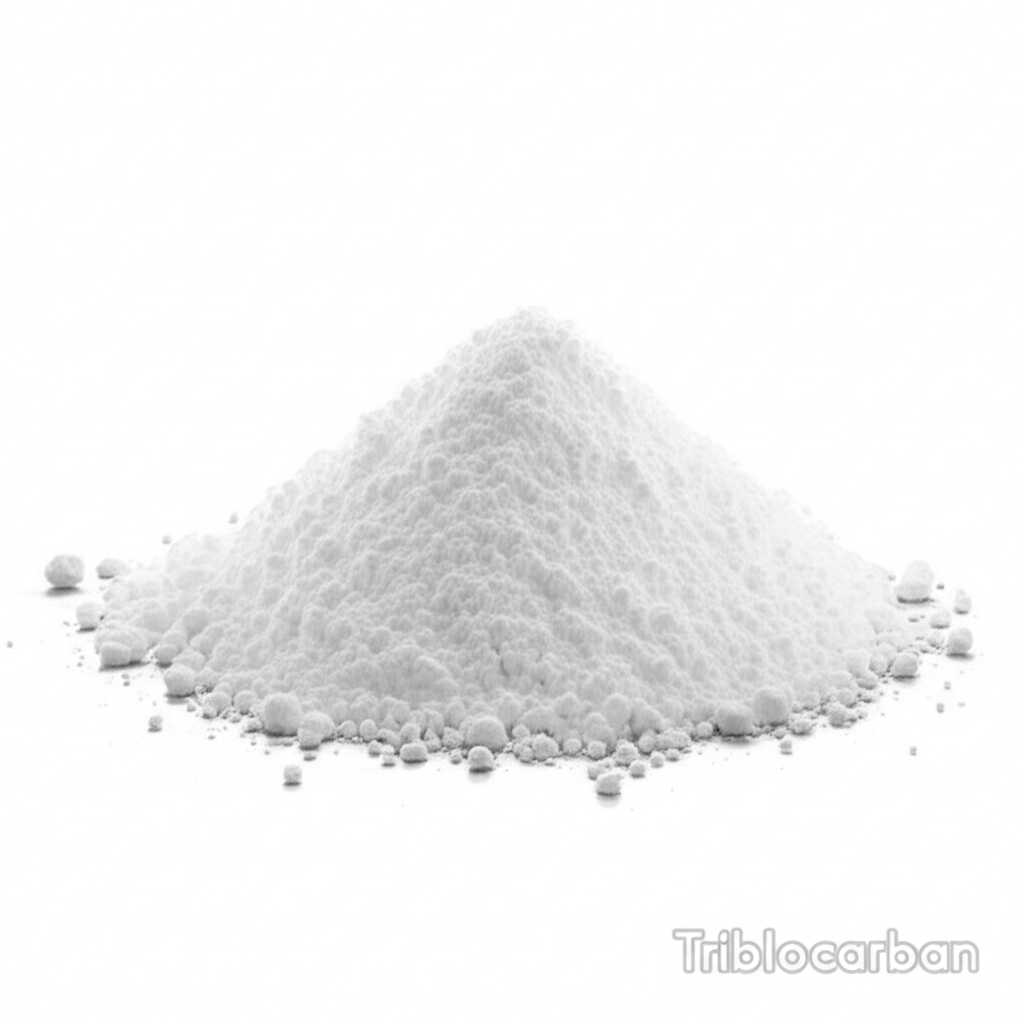Triclocarban: A Deep Dive into its Role in Personal Care
Exploring the properties, uses, and controversies surrounding this common antimicrobial ingredient.
Get a Quote & SampleProduct Core Value

Triclocarban
Triclocarban is a synthetic bacteriostatic and fungistatic agent widely employed as an antimicrobial in various personal care products. Its primary function is to inhibit the growth of bacteria and fungi, making it effective in applications such as deodorizing soaps, detergents, and toothpastes. The chemical is a white fine powder with a specific molecular formula (C13H9Cl3N2O) and molecular weight (315.58200).
- Leveraging Triclocarban antibacterial agent uses, this compound offers robust protection against microbial contamination.
- Understanding the triclocarban chemical properties reveals its stability and effectiveness in formulations.
- The FDA ban on triclocarban highlights the evolving landscape of chemical safety regulations.
- Concerns regarding triclocarban environmental concerns are growing due to its persistence.
Key Advantages
Effective Antimicrobial Action
Triclocarban demonstrates significant bacteriostatic and fungistatic activity, crucial for maintaining hygiene in everyday products and combating microbial contamination.
Established Use in Personal Care
For decades, Triclocarban has been a key ingredient in numerous personal care items, contributing to their antimicrobial efficacy and consumer appeal.
Chemical Stability
With a relatively high boiling point and stable nature, Triclocarban can be reliably incorporated into various product formulations without significant degradation.
Key Applications
Soaps and Detergents
Used extensively in bar soaps and detergents for its antibacterial properties, helping to maintain hygiene in household and personal cleaning.
Toothpastes
Incorporated into toothpaste formulations to combat oral bacteria and contribute to dental hygiene.
Deodorants
Its antimicrobial action helps in controlling odor-causing bacteria in deodorant products.
Skincare Products
Found in certain skincare and personal hygiene products for its ability to inhibit microbial growth.
